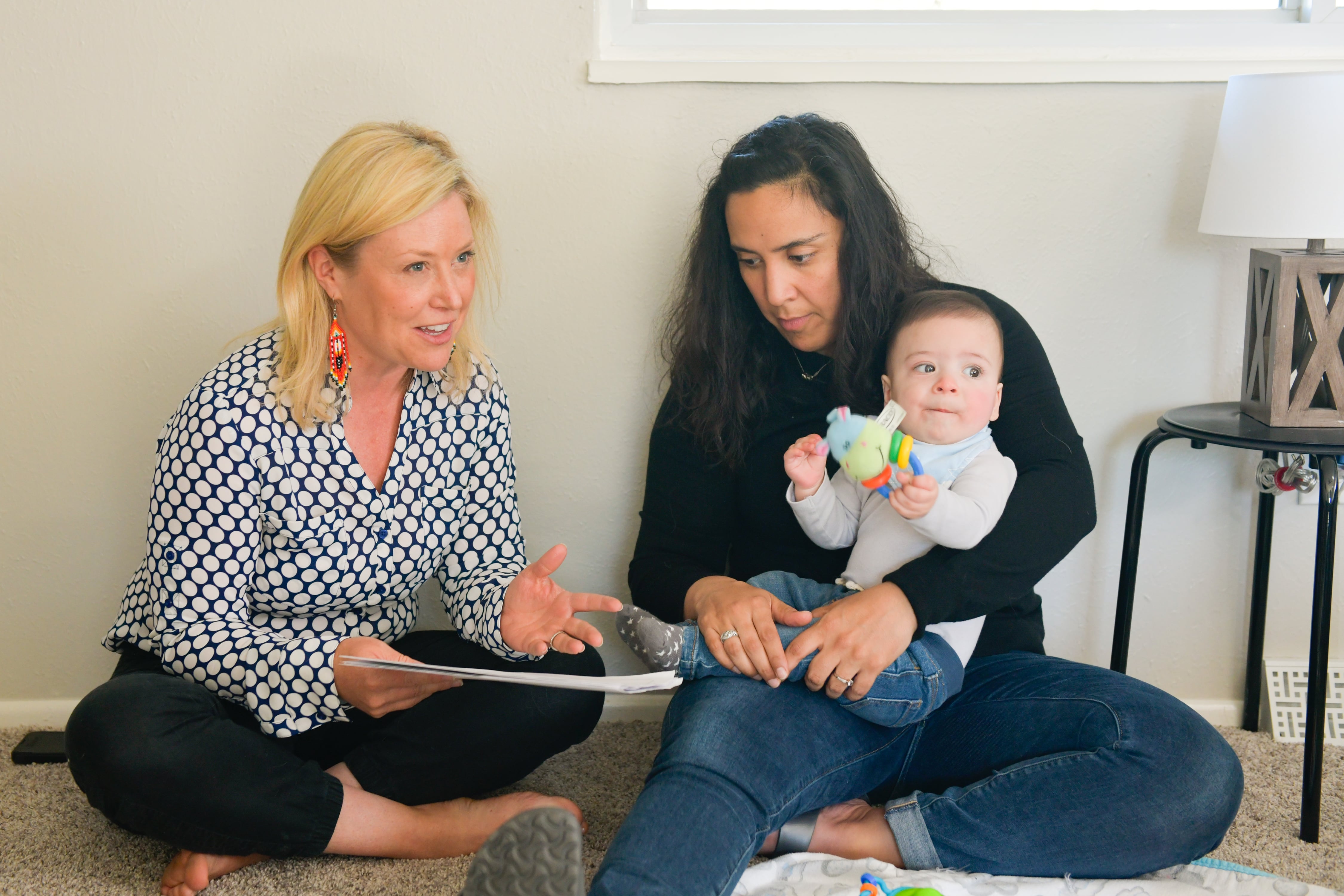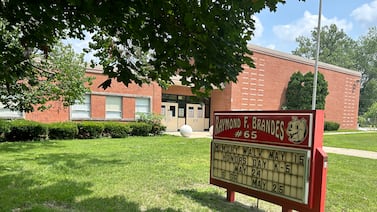Billionaire MacKenzie Scott has awarded $1 million to a small, low-profile Colorado non-profit, whose leaders remain a bit stunned.
“The whole thing was very surreal,” said Heather Tritten, executive director of Parent Possible, which provides support for early childhood services. “When I look at who else has been funded in Colorado — organizations that are far bigger than Parent Possible, it feels very unreal that we were funded by MacKenzie Scott and that she wanted to invest in us.”
Parent Possible, which was founded in Colorado in 1991, works to equip parents with tools and education to prepare their children to learn. The nonprofit believes that investing in early childhood systems helps increase literacy and encourages students to graduate high school — which helps break the cycle of poverty.
It serves some of Colorado’s most low-income residents. According to its 2022 annual report, 87% of its client households earn less than twice the federal poverty limit. That would be less than about $49,720 for a family of three this year.
Tritten said Parent Possible was contacted in December to discuss a possible donation with an anonymous organization. In March, Scott’s foundation, Yield Giving, called to say it would donate $1 million to Parent Possible.
In the 15-minute conversation, they told her, “good luck with your organization and the important work you’re doing,” she said.
Tritten said the foundation will let Parent Possible use the funds for whatever is most important.
Scott, who as of last year was the fifth richest woman in the United States, has given away more than $14 billion since 2019. She has a 4% stake in Amazon as part of her divorce settlement with Amazon founder Jeff Bezos. She has made waves in the world of philanthropy by making large gifts, including to schools and education nonprofits, with no strings attached. Last year, Scott gave $2.5 million to a Colorado Springs charter school.
The Parent Possible donation was announced this week.
Parent Possible provides 4,000 families with in-home visiting services and an additional 20,000 families in Colorado with virtual programs, like early learning education software and an app with learning tools and parenting help.
The app, called Vroom, was created with funding from the Bezos Family Foundation. It messages parents with suggestions for activities to do with their children every day.
Parent Possible provides some of its programs through partnerships with schools, family resource centers, departments of human services, and nonprofits. Its services are free of charge to Colorado families.
The home-visiting programs teach child development, how to promote the social and emotional development of young children and how to prepare 2- to 5-year-old children for preschool and kindergarten.
Parent Possible is still mapping out how to best use Scott’s donation to help the families it serves.
Tritten hopes to advance the group’s work and accomplish more than they had previously thought possible.
Sara Martin is an intern with Chalkbeat Colorado. Contact Sara at smartin@chalkbeat.org,






